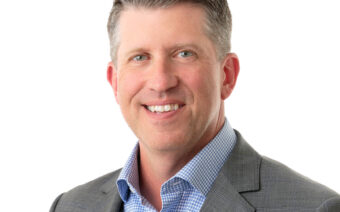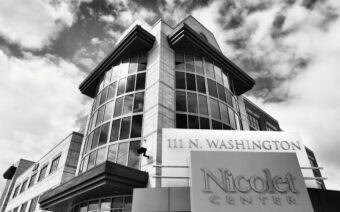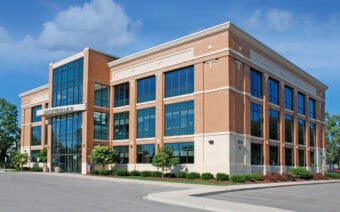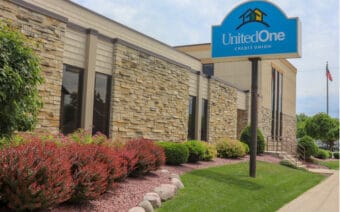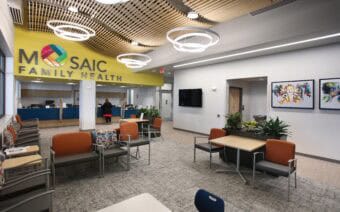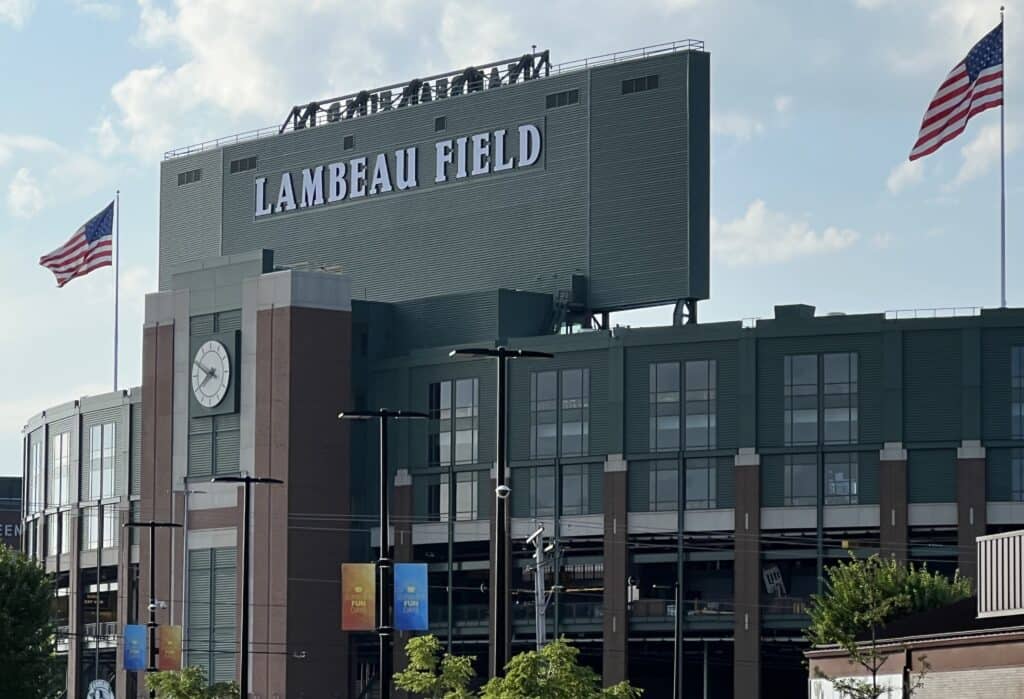
August 11, 2025
GREEN BAY – At the Green Bay Packers’ financial report release, Mark Murphy capped off his career as the team’s president and CEO with yet another “the Packers are in great shape financially.”
As the National Football League’s (NFL) only publicly owned team, the Packers are the only one required to publicly release their financial statements.
And, as he has for several years, Murphy again reported another solid year in terms of the team’s overall financials.
“The overall message – and I think you’ve heard this from me before – is the Packers continue to perform well financially,” he said. “The popularity of the NFL continues to be very strong.”
The team reported a total revenue of $719.1 million for the fiscal year (April 2024 to March 2025) – a 9.9% increase from the previous year’s $654.1 million.
The report also showed an $83.7 million operating profit for the 2024 fiscal year – a 39.3% increase from last year’s $60.1 million.
A deeper look
Murphy said the Packers saw a 7.5% boost in national revenue – primarily due to built-in increases in network television contracts – increasing from $402.3 million in 2024 to $432.6 million in 2025.
Over the last couple of years, Murphy said the league has strategically moved more toward streaming and digital viewing options.
“[It follows the] saying that you want to be where the people are [and how] people are watching TV [is different],” he said. “Particularly, the Christmas Day games were very popular and performed well.”
Murphy said the team also saw a significant growth in local revenue – “main reason being, for the first time, we had a ninth home game.”
The organization saw a 13.7% increase in local revenue from $251.8 million (2024) to $286.4 million (2025).
“Other aspects [contributing to the increase] of local revenue – our atrium businesses perform very well, particularly our Packers Pro Shop,” he said. “I think there was a lot of excitement around the team this year the way we ended the previous season. So, we did well in terms of the Hall of Fame and tours and things of that nature.”
The team’s expenses, per the Packers’ financial report, saw a 7% increase from 2024 ($594 million) to 2025 ($635.4 million) – which Murphy said can be credited to a couple of different things.
“Our biggest expenses are player contracts – those tend to be a little bit cyclical,” he said. “So, sometimes you’ll have some ups and downs there.”
Murphy said some of the team costs went up as well.
“We had [a joint, preseason] practice in Denver,” he said. “And overall, our travel costs went up. And part of that is making sure when we travel, that our players are treated well and travel first class. That’s been a priority for us over the years.”
Other expenses, Murphy said, are related to the new and improved facilities “that we have and the depreciation related to them.”
“A couple of years ago, we had new football offices and meeting rooms [constructed],” he said. “More recently, we [got] new administrative offices. And this year, as some of you are probably aware, we have a brand new locker room for our team. So, a lot of expenses there.”
Much of the team’s net income – which decreased from $98.1 million in 2024 to $85.6 million in 2025 – Murphy said, is “really driven by investment performance.”
The team’s corporate reserve – which he said is like a strategic fund – was started a “number of years ago, but we’ve really made it a priority to invest in that.”
“That is up $75 million from, I think, $536 million,” he said. “That’s [due to] some investment returns, but also, we annually put in $24 million.”
Previously called the Packers Preservation Fund, Murphy said “we don’t have a deep-pocket owner who we can turn to” – so, the corporate reserve fund is “one of our alternatives to that.”
“We hope we never have to use it,” he said.
Looking at things from a bird’s eye perspective, Murphy said “we’re very fortunate.”
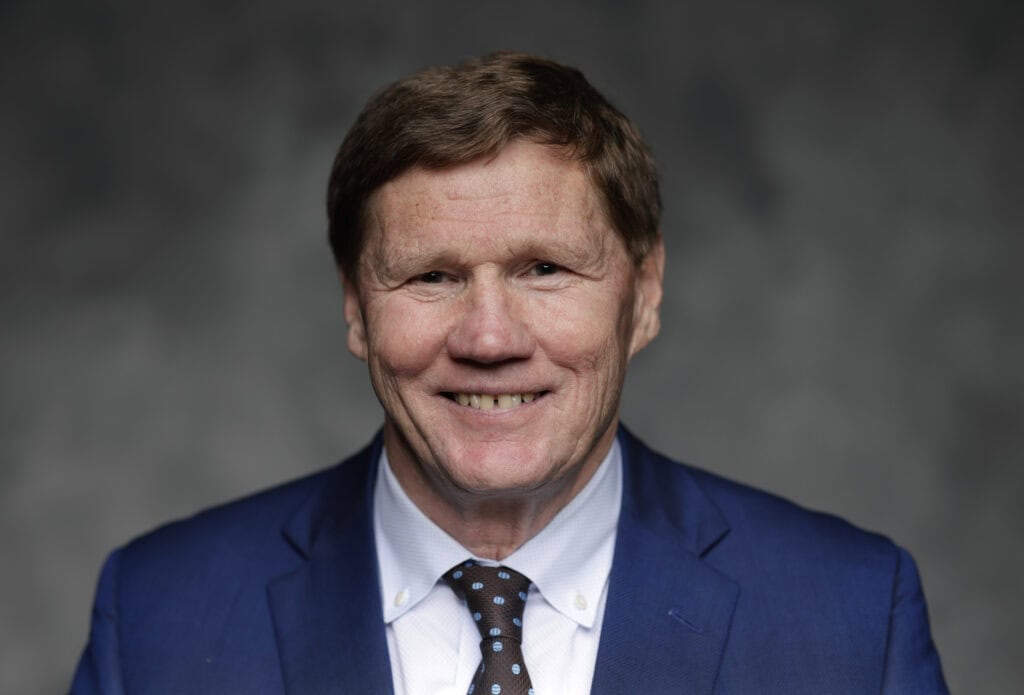
“We’re in a strong financial position for many reasons,” he said, “but most importantly, we are in the middle of our second 10-year collective bargaining agreement, which allows us to continue to invest in the team and the facility, as well as in the community.”
In regard to community investment, Murphy said the team’s annual contribution to the community is $13 million.
“We have a foundation we support [and] that is up to about $61 million,” he said. “We make donations or contributions to that of $5 million a year.”
Another way the team has continued to invest in the community, Murphy said, is with the Titletown development.
“That’s just more than five years old now,” he said. “The Packers, as well as other parties – such as Kohler, Hinterland and others – have invested a total of $300 million in [the] Titletown [District].”
How will the draft affect next year’s numbers?
Though the time period included in the recently released financial statements ended before the 2025 NFL Draft made a stop in Green Bay, Maureen Smith – the team’s Chief Financial Officer – said “you won’t see big changes in these numbers, draft-driven, a year from now when we do this.”
“The draft was not a revenue generator [for the team],” she said. “We spent a lot of money to activate around our fans for the draft to be here and those were not to raise money – it was about hosting a community event.”
That’s a wrap
Looking back over his nearly two decades with the team, Murphy said he’s definitely seen a lot.
“We’ve been through the COVID-19 pandemic, through labor situations or stoppages, and seeing how the league has evolved over time – not only [during] my time with Packers, but when I played with the Redskins, and then when I was involved with the Players Association – it’s pretty impressive the growth that we’ve seen,” he said.
Murphy said the Packers are a “really special organization, and hopefully I’m leaving it in a better situation than I found it.”
Smith said the team has seen “incredible growth and success” during Murphy’s tenure.
“He’s been committed to making sure the team is resourced in every way necessary, as a first priority,” she said. “And then, in addition to that, the contributions to the community and then our facilities and our employees and our people – he has prioritized all of those things throughout his time.”
 Fincantieri Marinette Marine recognized for Green Marine certification
Fincantieri Marinette Marine recognized for Green Marine certification Vesta receives national recognition for ‘making the world a better place’
Vesta receives national recognition for ‘making the world a better place’


